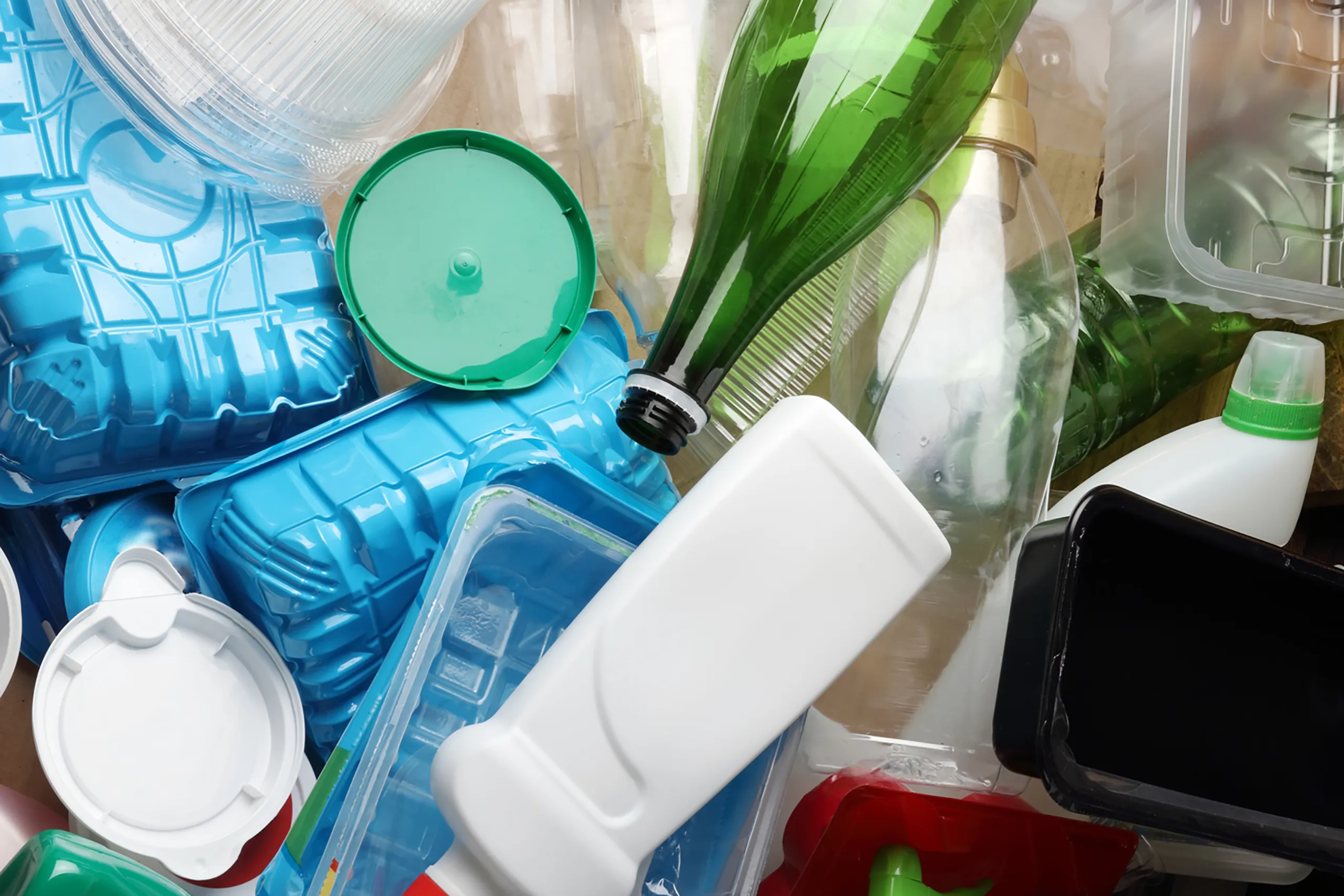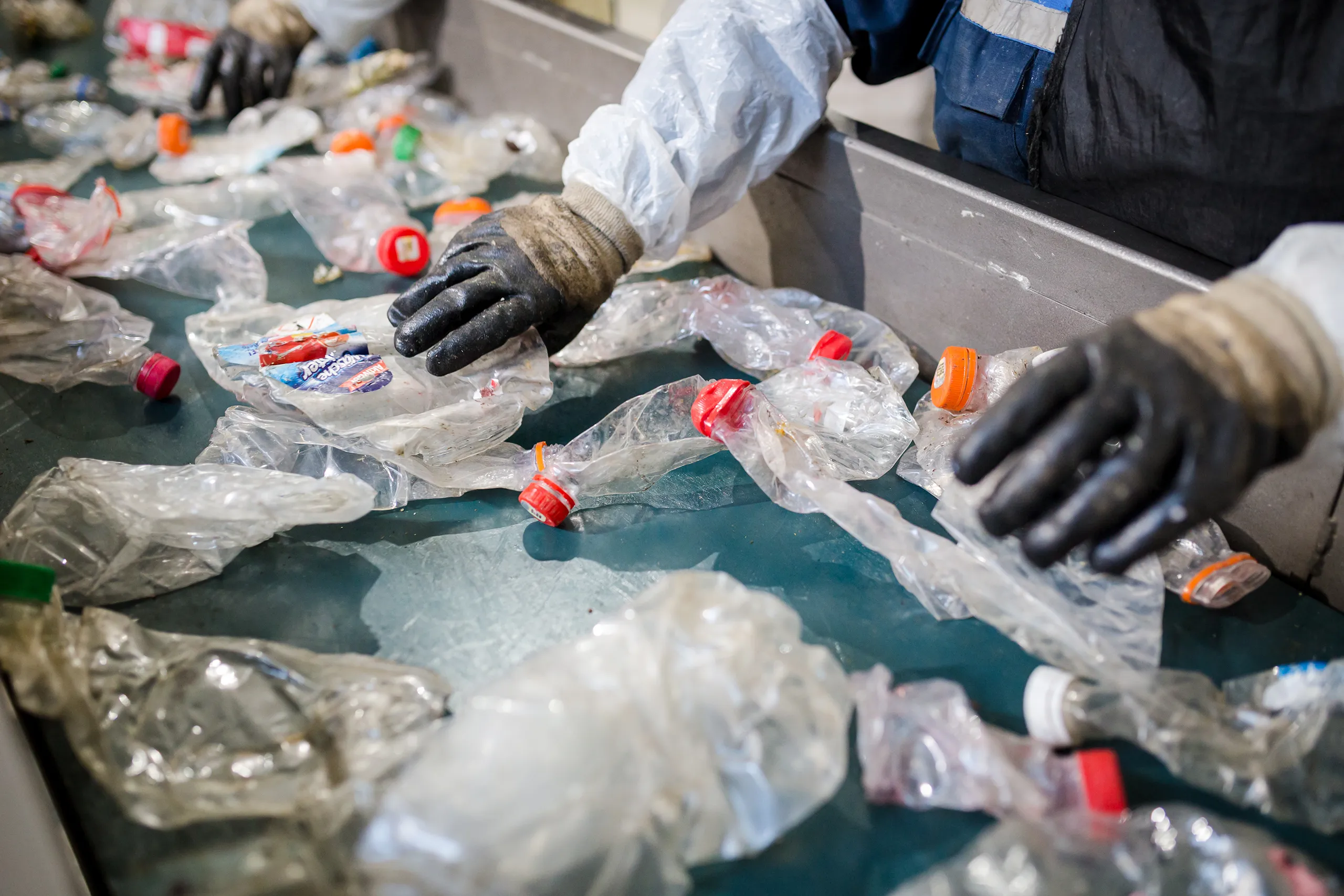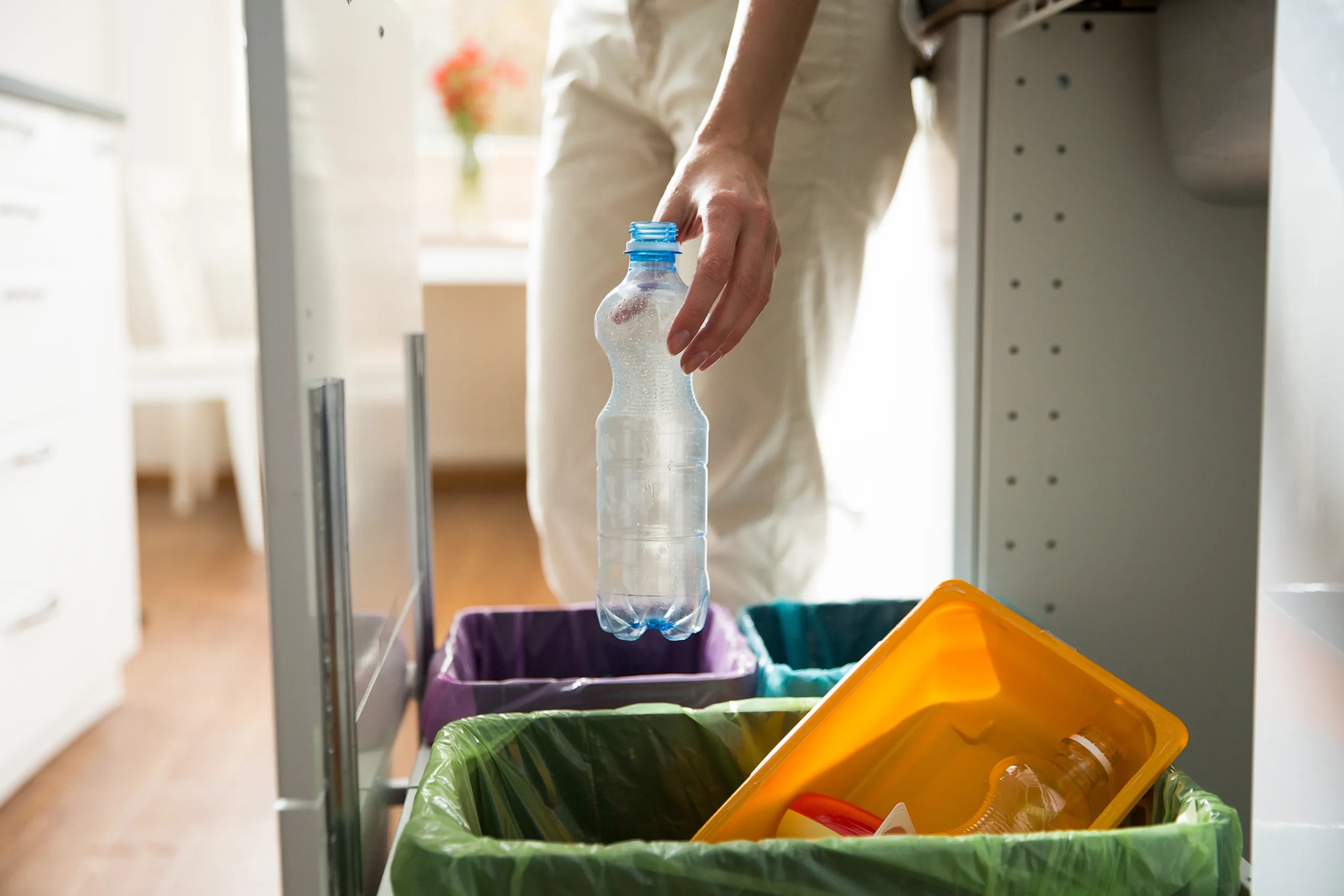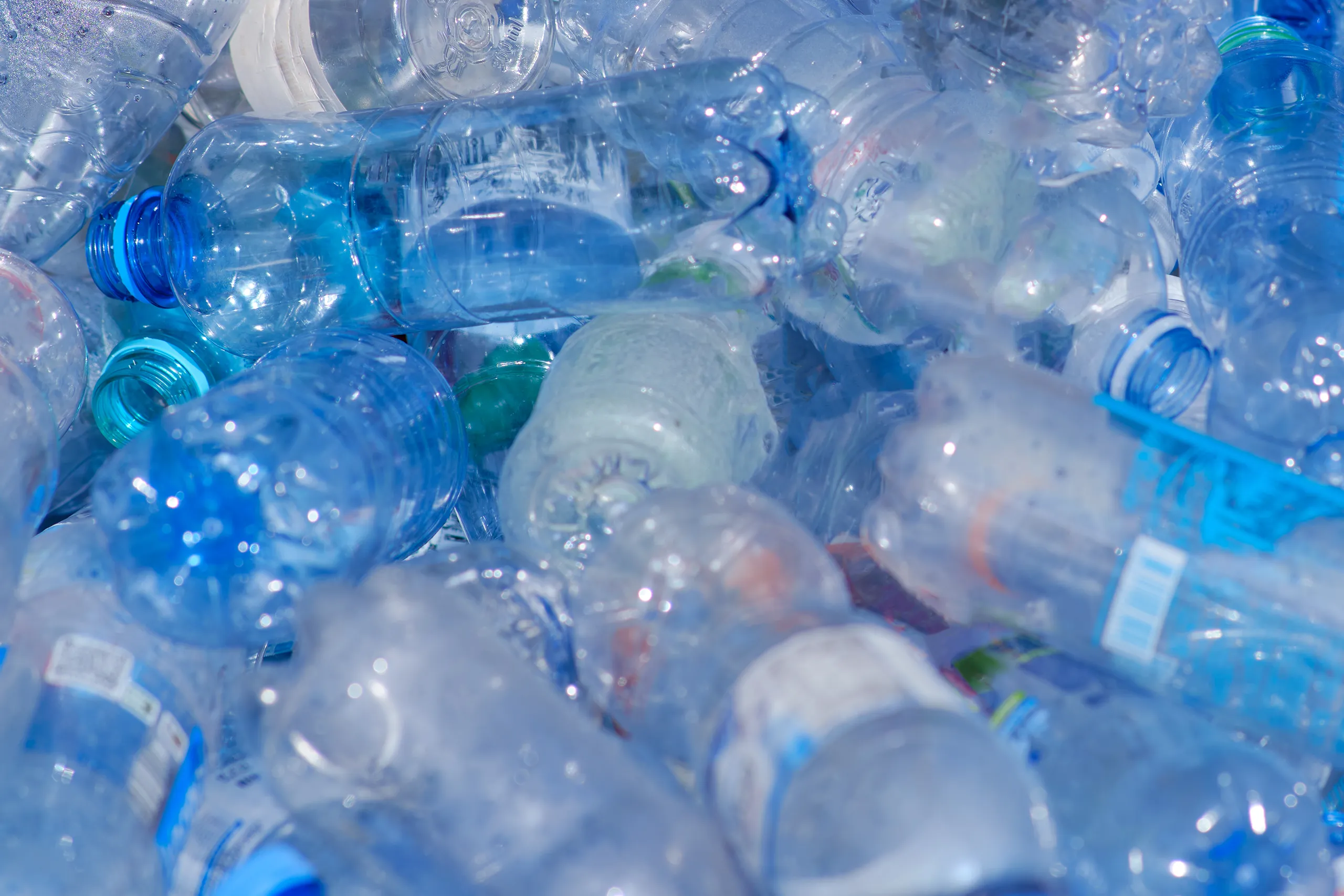Plastic is a popular, useful material of modern times as it protects consumable goods and extends their shelf life.
However, recycling plastic can be complex due to the wide variety of types and grades, each requiring a different recycling process.
Different plastics make up a huge amount of solid waste which takes centuries to break down in landfill or the ocean. Watch this video below to see how clever waste management can cut waste disposal costs and help the environment by turning recycled plastic into a sustainable source of raw materials.
Examples of plastics primarily used across various industries
Please note, Agecko offers more plastic waste recycling solutions beyond those listed here.
PET (Polyethylene Terephthalate), a lightweight and inexpensive plastic, to produce soft drinks bottles and packaging.
HDPE (High Density Polyethylene), a safe, rigid, and opaque plastic, to make milk cartons and domestic or industrial cleaning bottles.
LDPE (Low Density Polyethylene) is a soft, flexible, lightweight plastic. Manufacturers use LDPE to produce products such as clear film (shrink wrap), bubble wrap and shopping bags.
PVC or Vinyl (Polyvinyl Chloride), a strong yet lightweight plastic, to produce guttering, windows, and door frames.


PP (Polypropylene) is a tough, heat resistant, lightweight plastic. Re-useable food containers, water bottles and toys are examples of products made using PP.
PS (Polystyrene) a typical solid plastic whilst EPS (Expanded Polystyrene) is a rigid foam material. CD’s, disposable cutlery are examples of products made using PS. EPS is primarily used for packaging (cushioning) and insulation.
Acrylic (PMMA – Polymethyl Methacrylate) is a clear, glass-like plastic that is formed using acrylic acid. Commonly PMMA is used as a safer and stronger replacement for glass and is a better insulator too!
We are proud to offer recycling solutions for any grade of plastic, and the best bit; this waste stream could be converted from a cost into a yearly revenue for your business.

We even find solutions to recycle plastics affected by various contaminants. This has been a broadly recognised issue for many organisations. Plastic contamination can occur at source, during the manufacturing or (re) packaging process. Wet and/or dry contaminants of food, oil, hazardous, clay/dirt for example may occur.
Historically, contaminated plastic is thought to have no value in the recycling market as it is un-recyclable, resulting in a cost for its disposal and non-existent recycling percentages. Agecko have been working in partnership with customers and suppliers alike, across the United Kingdom, to make this a thing of the past.
Consultation
We start by assessing your business’s specific needs and creating a custom plan.
Waste collection
Our team arranges for a fast, efficient waste collection from your site. We then provide a waste transfer note to ensure compliance.
Processing
Your waste is reused, treated, recycled, or safely disposed of, depending on the material type.
Reporting
You receive detailed documents and reports that calculate your carbon savings and track compliance with waste management regulations.
Continuous improvement
We regularly review and refine your waste management plan to enhance efficiency and sustainability.
